Nearly a month after banks applied biometric authentication to money transfers of over VND10 million/transaction and VND20 million/day, cybercriminals continue to launch many tricks to deceive users.

Even using the old trick of supporting authentication biometrics
According to the State Bank, as of July 22, the whole country had 26.3 million customers authenticated with biometrics. citizen identification chip-based, of which 22.5 million customers do it via banking apps, and 3.8 million customers do it biometrically at the counter.
Add more tricks to lure users into traps
Mr. LMH (a civil servant in Phu Tho province) said that recently he has continuously received phone calls from strangers claiming to be social insurance officers and instructing him to set up a social insurance code synchronization.
These subjects contacted both during and after office hours to request a Zalo connection, provide citizen identification and send a photo of the identification to synchronize data and update information on the VssID-Social Insurance application.
However, Mr. H. said he did not fall into the trap because he had received a notice from the authorities about the situation of criminals impersonating police, insurance, tax agencies... calling and inviting people to install and upgrade applications, then sending links containing malicious code and then stealing money from the account.
"Although the regulation requires authentication for money transfers over 10 million VND/transaction, I am still worried every time I receive a strange phone number inviting me to buy, give gifts or update applications" - Mr. LMH shared.
Vietcombank has also just released information stating that on social networks, there have appeared a number of fake fanpages impersonating marathon races organized by this bank to scam people. Specifically, these fanpages have illegally used information and images of races organized or co-sponsored by Vietcombank to scam people who want to participate.
Accordingly, the scammer invites people to transfer money to register to participate or leads victims to join groups on messaging apps such as Zalo/Telegram and then guides them to do "tasks" to enjoy more incentives such as free transportation and food at the race.
These tasks are often in the form of requests to buy sales products, transfer money to accounts under the names of legal entities or individuals, and then be promised an immediate refund. The subjects often return the full amount along with the profits of the first transactions and then gradually increase the amount of money required to transfer the task.
Once the amount of money transferred is large enough, the scammers will block all communication with the victim. Vietcombank affirms that it does not organize any races that charge participation fees, and advises people to absolutely not follow instructions to transfer money to any account without clarifying the account holder's information and the purpose of the transfer.
Previously, in April 2024, a victim was scammed of 30 billion VND when registering her two children to participate in a marathon through a fake fanpage on social media and was lured into doing "tasks" to enjoy incentives from the sponsor accompanying the race, then the subjects fraud and appropriation of property
Beware of authentication support scams
Through monitoring and tracking user feedback on the spam message and spam call feedback receiving system (via numbers 5656, 156), Emergency Response Center cyberspace VN (VNCERT/CC) said it has continuously received many reports of fake bank employees calling and texting to request support for online biometric installation.
Fraudsters impersonate bank employees and then call, text, and make friends with customers via social networks (Zalo, Telegram...) to guide them in collecting biometric information. For example, they may ask customers to provide personal information, bank account information, citizen identification card images, and customer facial images for support.
"There are even cases where people are asked to make video calls to collect additional voices and gestures. Another trick is that scammers lure people to access strange links to download and install applications that support biometric collection on the phone.
After obtaining the information, the scammers appropriated money from bank accounts and used customers' information for bad purposes," said an officer at VNCERT/CC.
Therefore, this person recommends that people absolutely do not provide OTP, digital banking password... to anyone. At the same time, be absolutely vigilant and do not access strange links via chat, SMS or email sent to the phone to avoid the risk of being scammed and having information stolen.
Talking to us, a representative of Viettel Digital Services Corporation confirmed that facial authentication is considered the most advanced and secure authentication. However, faces and fingerprints can be digitized, so they can be completely exploited. If stolen, customers will not even know.
"This is not a silver bullet to solve all security problems. Therefore, facial authentication and biometric authentication are just one of the technological elements introduced to protect customers, not the most important element to identify customers," he said.
The Department of Information Security (Ministry of Information and Communications) also advised people to be vigilant against messages and calls requesting support to update facial biometrics. When contacted by individuals claiming to be officers working at banks or police agencies, people should verify through the phone number provided on the official information portal of the above units.
"When detecting signs of fraud, people need to report to the authorities and local police to track down the subject and promptly prevent it," the agency recommends.
Source





![[Photo] Third meeting of the Organizing Subcommittee serving the 14th National Party Congress](https://vstatic.vietnam.vn/vietnam/resource/IMAGE/2025/4/2/3f342a185e714df58aad8c0fc08e4af2)

![[Photo] Relatives of victims of the earthquake in Myanmar were moved and grateful to the rescue team of the Vietnamese Ministry of National Defense.](https://vstatic.vietnam.vn/vietnam/resource/IMAGE/2025/4/2/aa6a37e9b59543dfb0ddc7f44162a7a7)







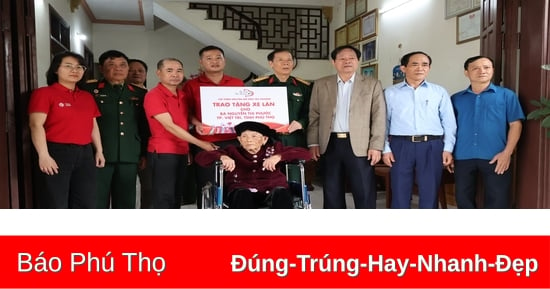


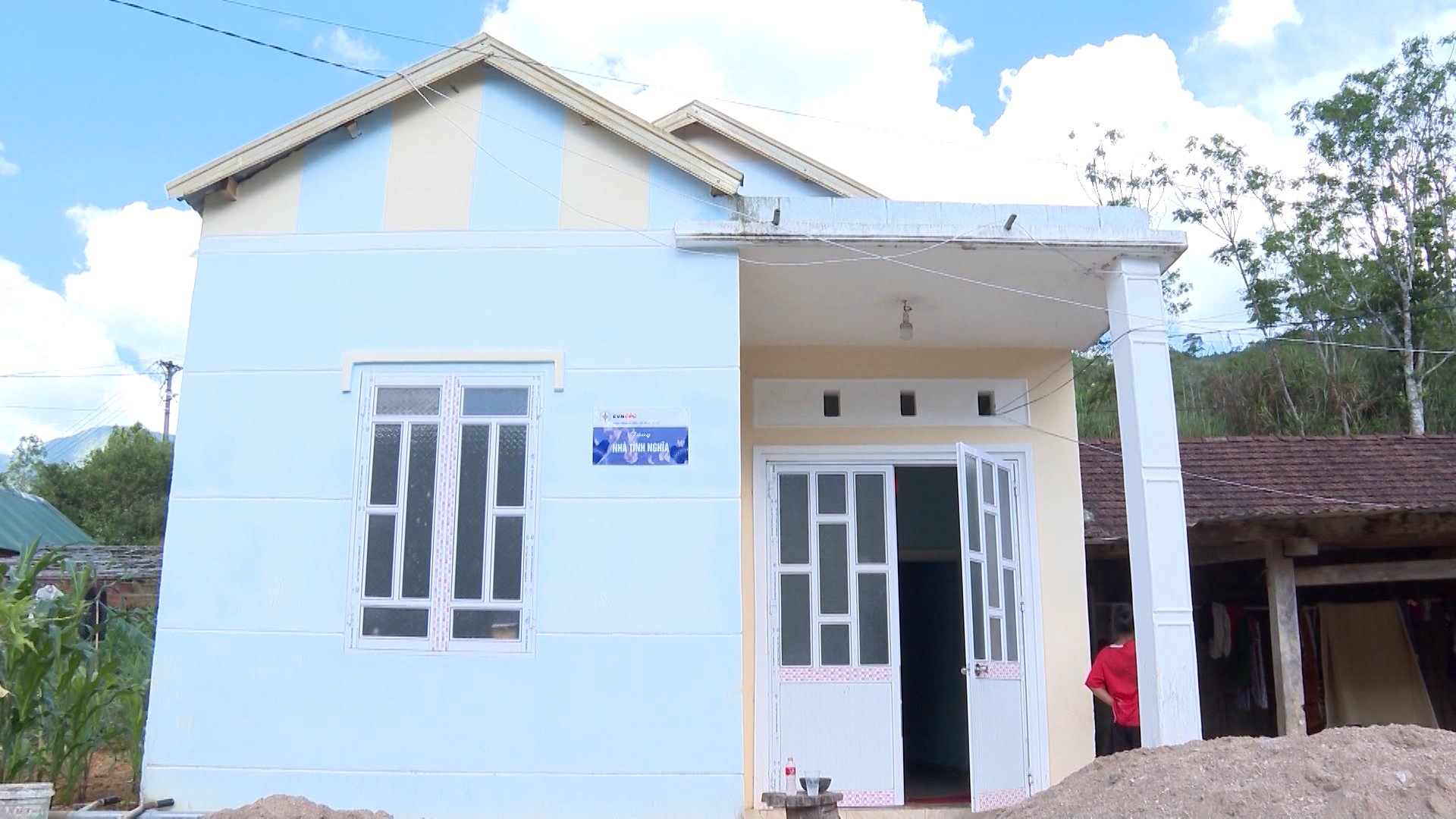
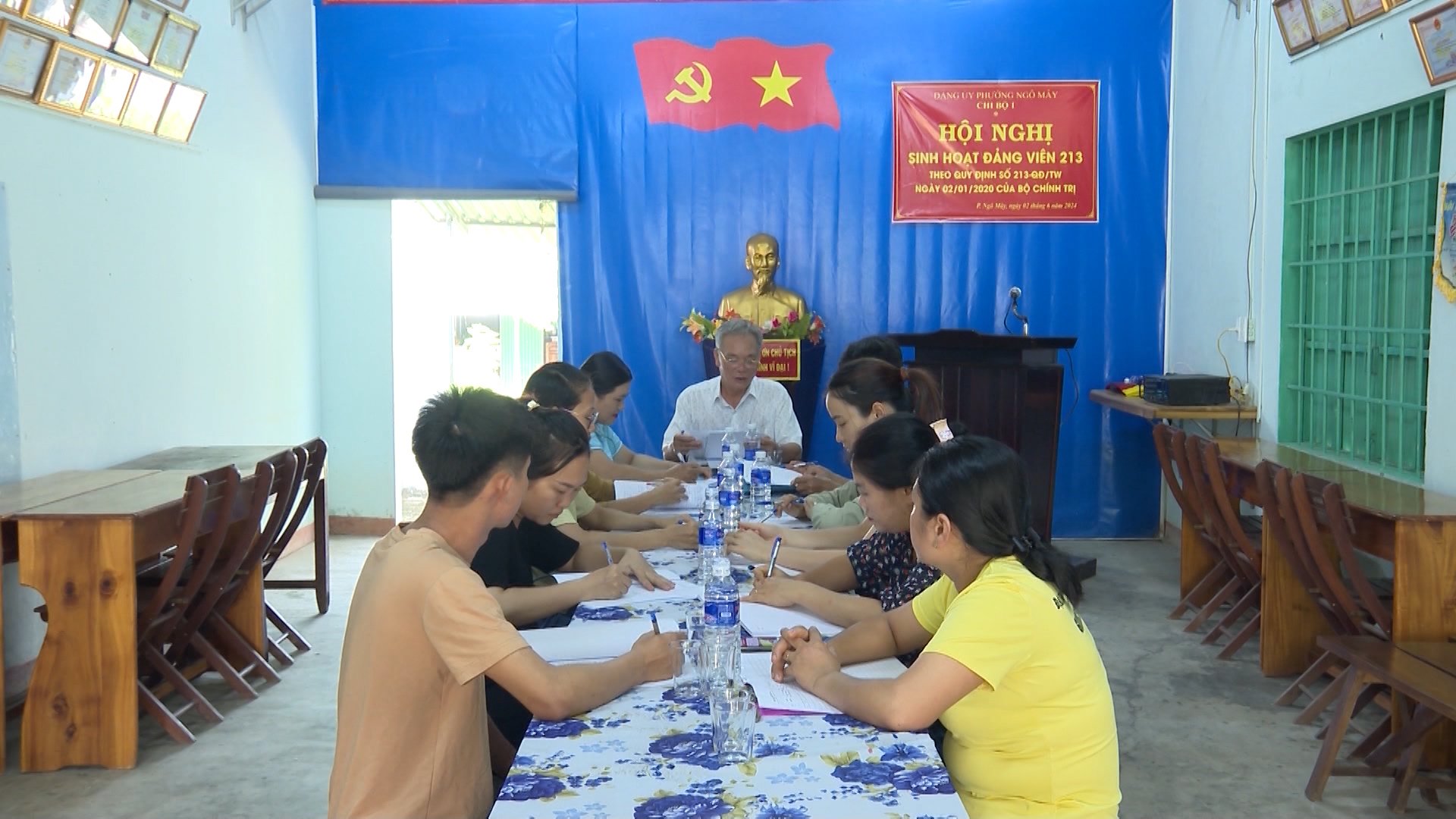
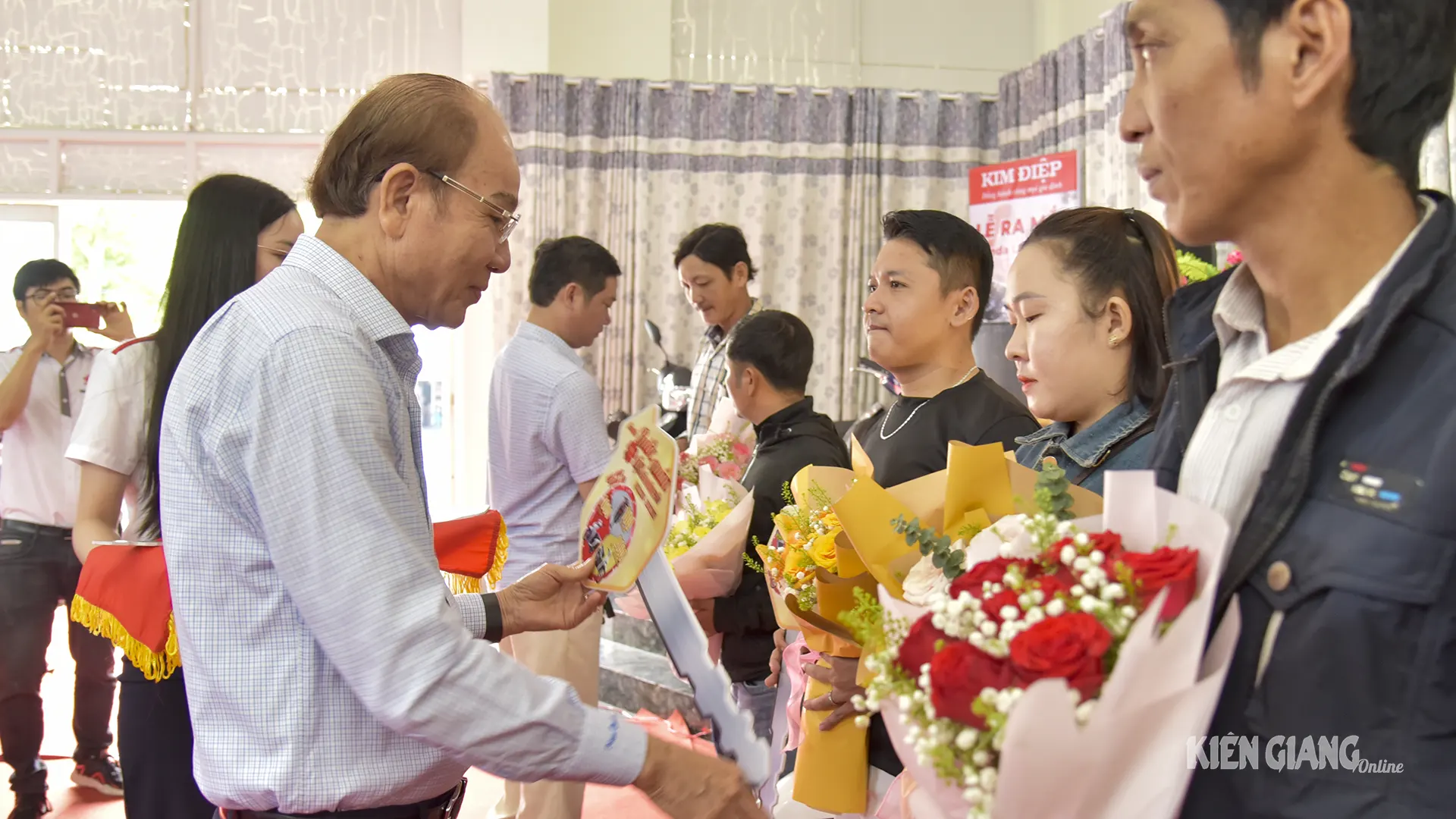
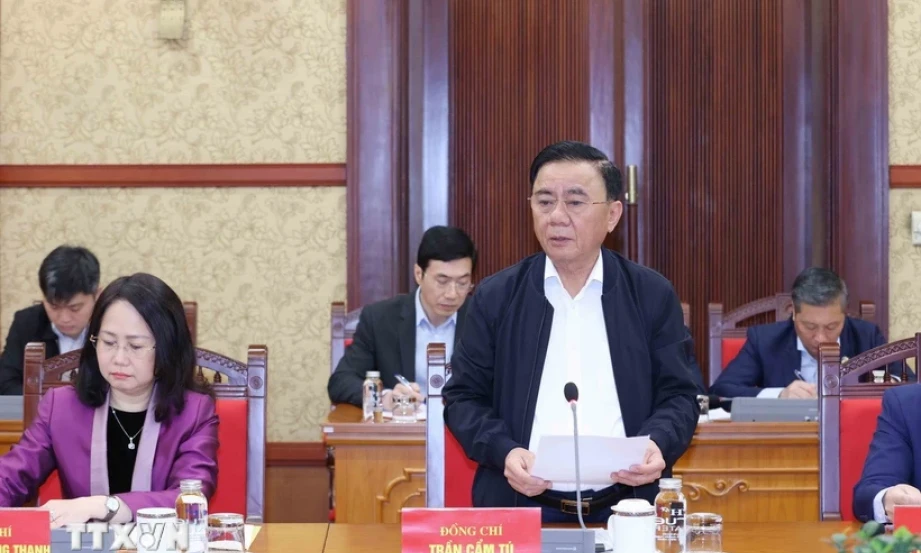




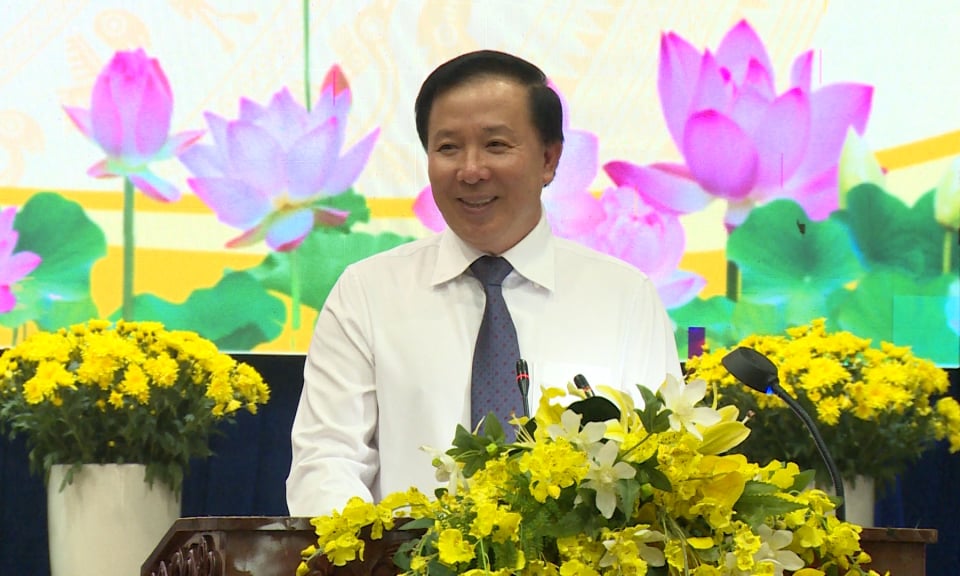

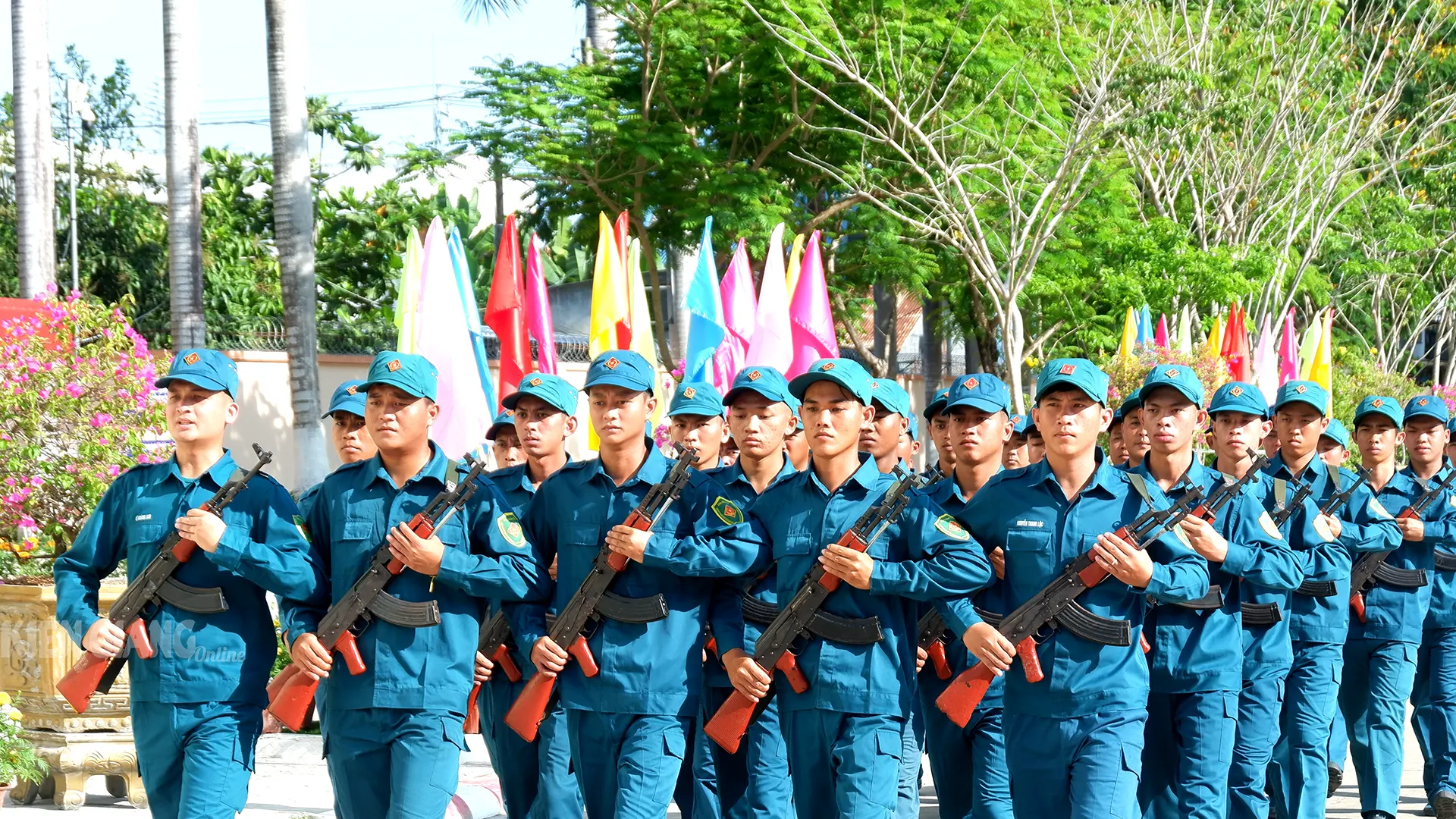












































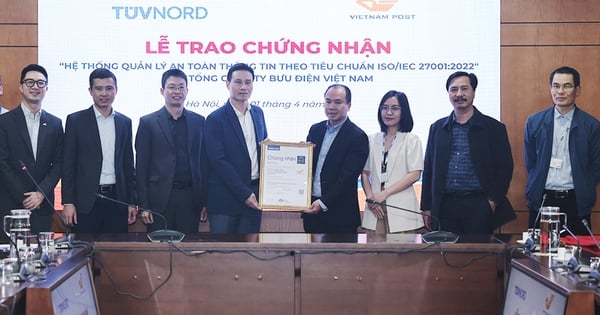



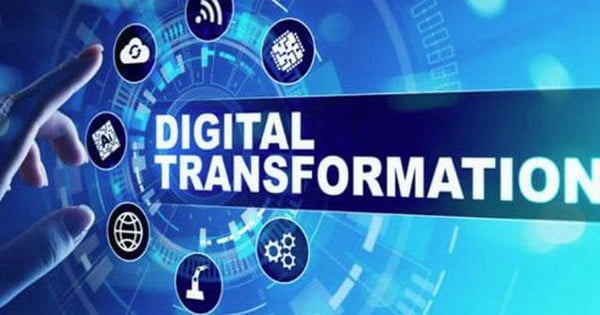

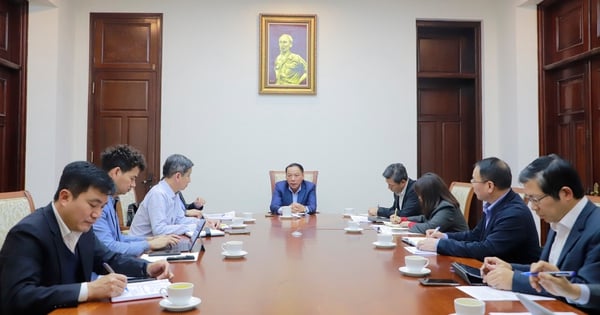












Comment (0)